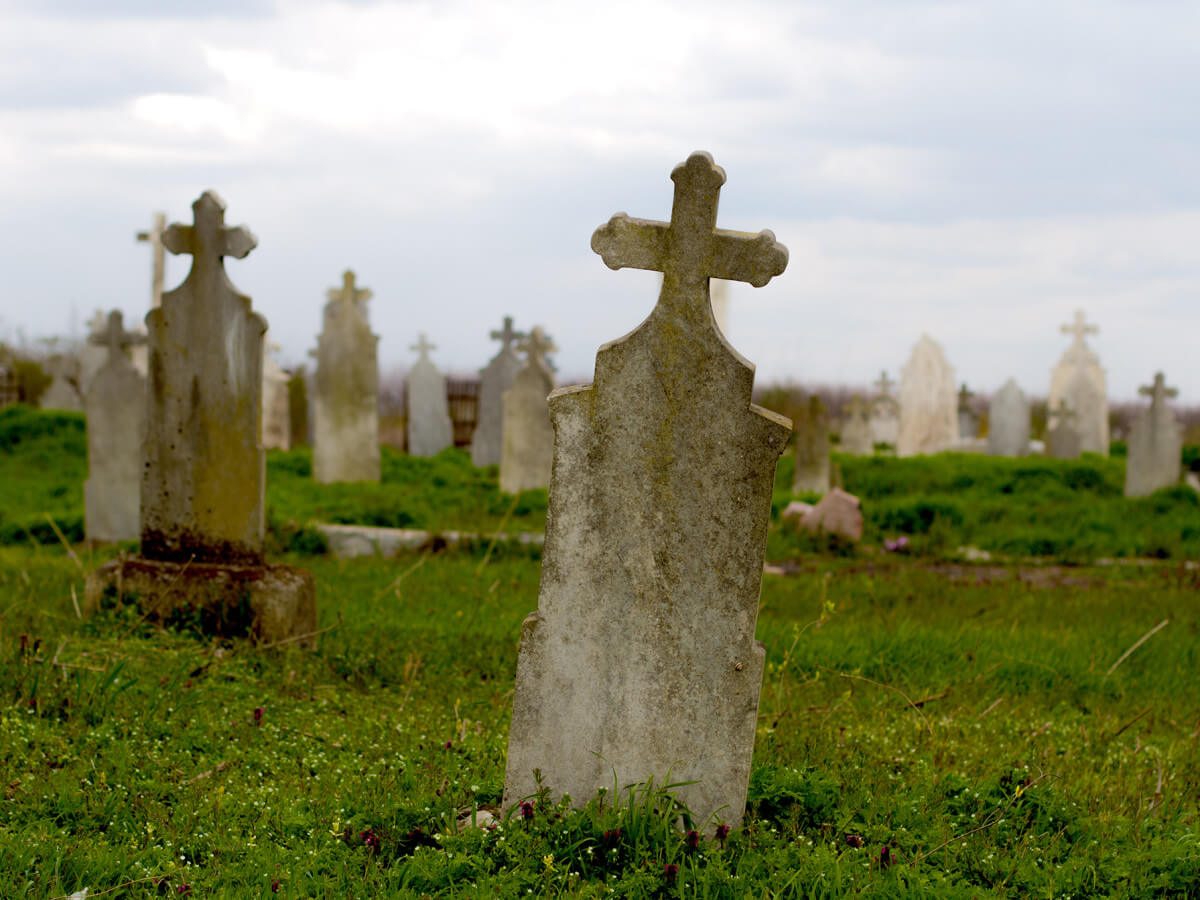Podcast: Download
Subscribe: RSS
Do you see yourself in the following story?
Recently, my husband read the novel, The Telling Room, by Michael Paterniti. It is a story about cheese, Spain, betrayal and holding a grudge. The meaning of to hold a grudge suggests an emotional deadlock, two deer stuck in antlered impasse, in thick mud that congeals as winter arrives and freezes them there.
Michael says in the novel, “I once heard a story when visiting my father’s ancestral village in Sicily about a very old woman I saw caning down the road, then up a steep incline to the cemetery there. It was said that at her tortoise pace the walk from home to cemetery and back took up to six hours.
I wondered what grief inspired this. Was the visit to a grave of a departed child or husband? No, no, that wasn’t it at all. I was corrected in rather stentorian tones that the visits was out of Astio, bitter hatred. It was her archenemy up in that cemetery. Rain or shine, the old woman walked every day to her grave site just to spit on it one more time.”
What message does this story have for you?
Care Well.
God Bless.









Oh Dear! That is one spiteful (spitful) old lady.
Frederich Beuchner’s definition of ANGER comes closest to this story:
“Of the Seven Deadly Sins, anger is possibly the most fun. To lick your wounds, to smack your lips over grievances long past, to roll over your tongue the prospect of bitter confrontations still to come, to savor to the last toothsome morsel both the pain you are given and the pain you are giving back–in many ways it is a feast fit for a king. The chief drawback is that what you are wolfing down is yourself. The skeleton at the feast is you.” F. Beuchner, “Wishful Thinking” p. 2